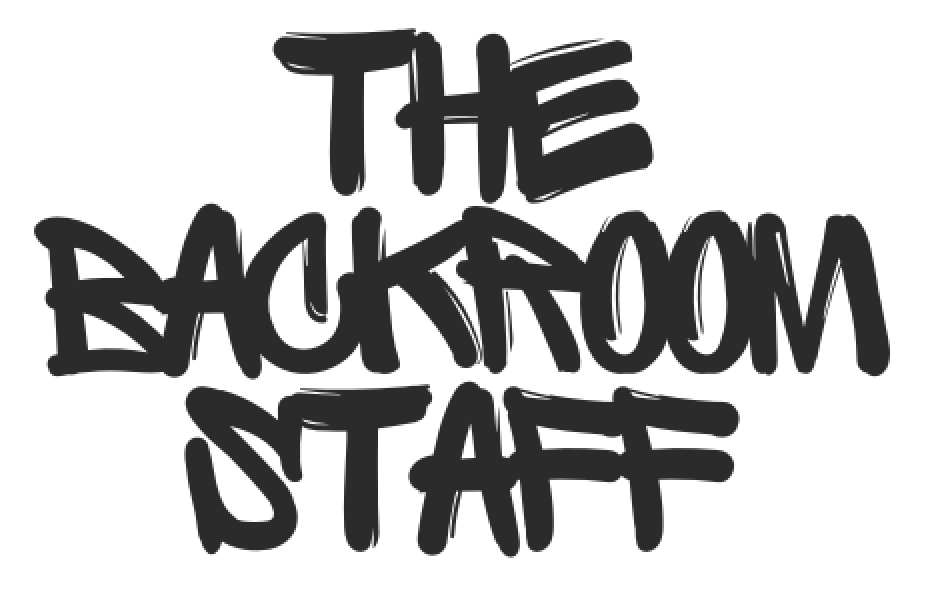Hiba El Jaafil was one of the first players to represent the Lebanese women’s national team, playing in their very first matches just 20 years ago. She quickly became captain of both the football and futsal national teams.
After her playing career, she moved into coaching - leading the newly formed U17 & U19 national teams. Her team promptly won the 2015 U-17 Arab Cup. It was Lebanon’s first ever trophy at any level in men’s or women’s football and made Hiba one of the most important figures in Lebanese football.
Following her historic success, she briefly became head coach of the senior national team before leading a nationwide project together with UNICEF, using football to support children and refugees.
Nearly a decade on, Hiba is still working to promote equality, peace and community through football. She’s worked with renowned organizations, leading schools and academies, started her own NGO, and even served as an ambassador at the World Cup in Qatar. Now based in Germany due to the war in Lebanon, her work is as impactful as ever.
The interview has been condensed and lightly edited for grammar and clarity.
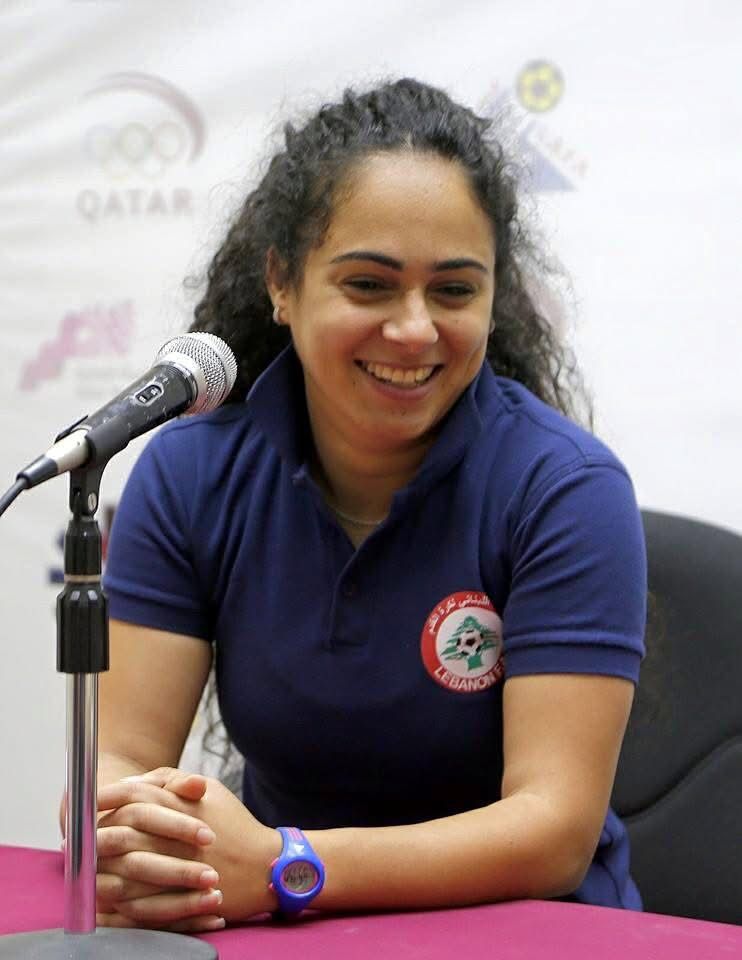
[ Playing career ]
When I was 14 years old, there were only 3 clubs for women in Lebanon - the Lebanese University, the American University of Beirut and our team, Sadaka. We were only around 50 players in total and we weren’t professional, we were playing indoors. Then after a few years, the federation created a women’s national team.
In 2005, we played for the first time as a national team in the Arab Cup in Egypt. We played against Morocco, Algeria, Tunisia and Egypt and we were not a good team - they were so much better than us. Still, that the national team had started was good.
We didn’t get much support from the Lebanese Football Association, I think they had been convinced or ‘forced’ to have a women’s team but they weren’t very interested. At that time, whenever we had a tournament, we would train for 2 or 3 weeks before but we didn’t have professional coaches, we didn’t get paid for anything, we didn’t even have a field sometimes. We didn’t have a proper league either, so we weren’t practicing a lot. Within a couple years, I became captain of the national team - and the futsal national team too.
Then in 2011, we went to the Emirates, to Abu Dhabi to play in some friendly matches. The coach for the Armed Forces Club in Abu Dhabi contacted me and asked me to come play with the team. So I joined them for a Ramadan tournament - and later joined another club in Abu Dhabi for a season.
[ Did the football and futsal teams consist of the same players? ]
Yeah, we were the same players. When you compare us to say, the Iranian national team - the futsal team is completely different to the football team. That is the best way but when you have such a small number of players, you have little choice and we were the only girls playing football in Lebanon.
[ Coaching Career ]
In 2013, I went back to Lebanon and did the AFC B License - I had already done the C License in 2010. I was the only girl among 25 or 26 coaches - and I took the top ranking. A lot of the men weren’t happy with this! Normally, you have to wait 2 or 3 years to do the A License but the instructor wrote to the AFC to get special permission. So, the next year, I did the A License course in Lebanon. Again with a foreign instructor and participants from many Arab countries, including very professional coaches from Syria, the Emirates, one of them was the head coach for the Iraqi national team. And again, I took the top ranking!
That same year, I injured my back and decided to stop playing football. At the time I thought there was no future for women’s football in Lebanon and if I continued, maybe I’d get a worse injury and have to stay home, not doing anything. I became the coach of the under 19 national team, I was the first woman to have an opportunity like this in Lebanon.
My first tournament with the U19s was the AFC Championship in Jordan. We played India, Uzbekistan and Jordan. I chose girls who were just 16 or 17 years old because I was trying to build a long-term project. It was very tough for us, all the teams we played were good, better than us.
In 2015, we got an invitation for the U17 team to go to Qatar for the Arab Cup. I implemented my plan and selected almost the same players who had gone the previous year to Jordan. This time, they had experience playing together and playing in official matches. The most important game for me was against Algeria - when I was playing, Algeria had beaten us 12-0 in Egypt in 2005. This time we won 1-0. It was the first time Lebanon had won against Algeria in men’s or women’s football. We won the Arab Cup that year, which was the first cup Lebanon had ever won - at any level for men’s or women’s football.
After that success, the federation asked me to also coach the senior national team. I think now that was a mistake. Half the team were my friends - players who had played with me - and the other half were from my U19 team. We went to Cyprus to play in a tournament. It was good but at the same time, when you just have won a trophy, everyone is happy and you’re doing a great job, it’s not great to lose heavily to Latvia and Greece with the senior team.
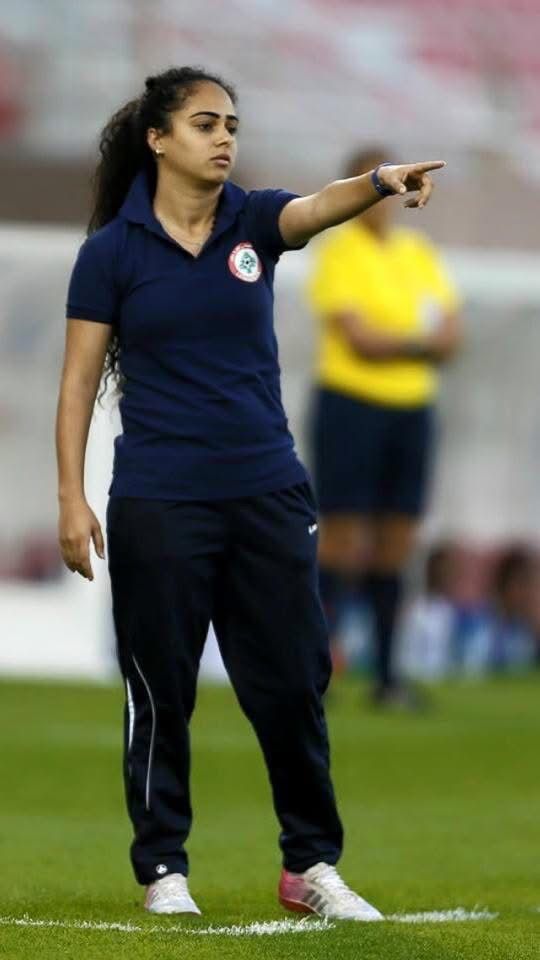
"I was the only girl among 25 or 26 coaches - and I took the top ranking"
[ UNICEF ]
After the tournament in Cyprus, the German Embassy in Lebanon contacted me and asked me to work with them on a project for football in Lebanon with UNICEF, the Ministry of Education and the embassies from Germany, the US and France. The plan was to work with 90 public schools in Lebanon that had accepted refugees from Syria and Palestine and create mixed girls and boys school teams with refugees and Lebanese, provide training and at the end hold a big festival and tournament between the teams. The project would run for 10 months all over Lebanon.
When I got this offer, the federation also contacted me. They told me I wasn’t allowed to take the project. Why not? I was working with the national team for free as a volunteer after all! They said it was political. The Ministry of Education had a political problem with the football federation - or rather the top people were from different political sides. I wasn’t a political person, I was working in sports - not following any politician.
The general secretary of the federation called me and told me I needed to choose - the national team or the project. I thought, if they start putting rules like this on me, they’ll just continue and give me more and more things I’m not allowed to do. I wasn’t doing anything wrong, this project had nothing to do with the political problems between these two people, so I chose the project with UNICEF and left the national team.
The project went really well and the German Embassy was very happy with the work I was doing. They even sent me to Germany at the end of 2015 for 2 months to do an internship with TSG Hoffenheim and later again to the sports school in Hennef to do the UEFA B License with the DFB. This course was very professional and the level was very high - even though it was the ‘B’ license, it was better than the A course I took in Lebanon. And I finished in the top 5 coaches on the course!
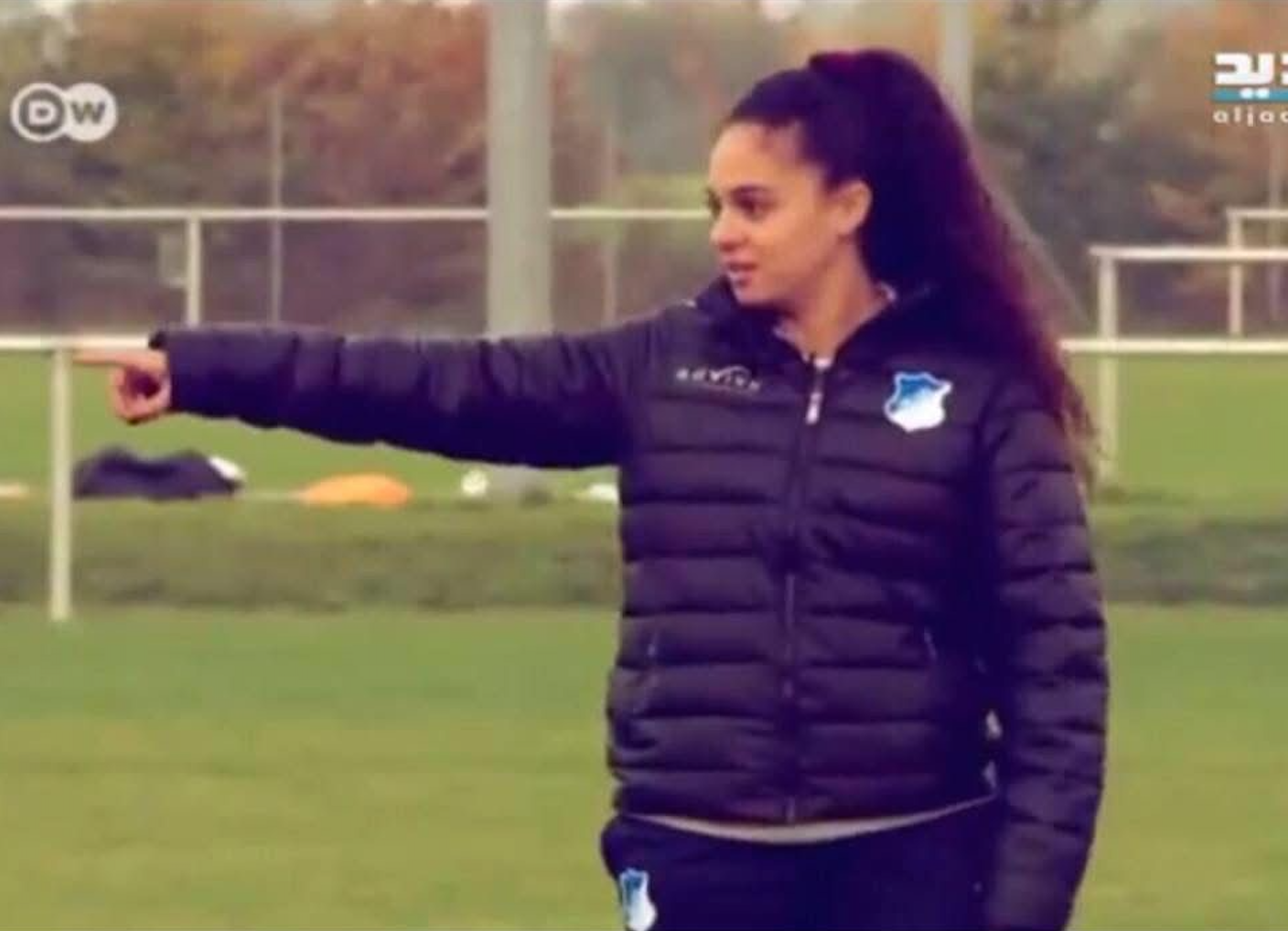
[ Moving away from coaching → NGOs ]
I went back to Lebanon and started working with an NGO in Germany, streetfootballworld (now Common Goal). I worked with them for 3 years or so, giving workshops and teaching their football methodology in Lebanon and the Middle East.
During this time, I met the president of one of the biggest schools in Lebanon - he was American-Lebanese and was open to football and sports. I started working there as the sports coordinator and organized the football and basketball academies at the school.
I also worked with various other global NGOs active in Lebanon and around the Middle East including Discover Football from Germany, YFC INDIA from India, Women Win from the Netherlands and some smaller local organizations. I was even an ambassador at the 2022 World Cup in Qatar with Generation Amazing.
[ Eventually, you started your own NGO, why/what led to it? ]
During Corona, the economic situation in Lebanon became worse - everything stopped for these 2 years - I decided to start my own NGO - Unity for Change.
I've worked with a lot of NGOs in Lebanon and I know how they are working. I don’t want to be too specific but I can see how they are putting money into their own pockets instead of doing good work.
We started in 2022 with just myself and a few volunteers I’d worked with in the past and eventually had around 70 volunteers! We prepared lots of ideas and projects, including big projects with GIZ and Orienthelfer in Germany. We are working on gender equality, fair play and enabling fun and social activities for kids. In some ways, it’s close to the work I was doing in the past with UNICEF but on a smaller scale.
Unfortunately, we had to postpone those bigger projects until the summer of 2024 - and then the war started in Lebanon.
I have a sister who has lived in Germany for years and I was visiting her with my family because I wanted to show her my new baby and while we were there, the war came to Lebanon. I’m very afraid of this. When we had a war in 2006, I was young and tried to throw myself from a building. Now, I have my daughter, she was only 6 months old then and I was very afraid to go back because of these memories.
I don’t want my daughter to live in this situation or hear these sounds. So, I decided to stay here in Germany. That was a very difficult decision. I love Germany but things are difficult here too. I’m suffering because I used to run a school, run projects with my NGO and do a lot of things in Lebanon.
[ After your success with the youth national teams and on the coaching courses, you’ve spent many years now working in football at a more grassroots level - with schools, academies, NGOs, etc - why did you make this switch? Are you tempted to try and go back to a more elite - or performance focused - coaching role? ]
There are a couple of reasons. First, working with the NGOs, my time was full and working in schools and academies was very interesting. You can see that you’re doing something good for the kids. You can see, when you help, the kids are happy with what you’re doing, then you don’t think about being a professional.
The second thing is, I’ve had good opportunities to coach in Lebanon, high level women’s teams. But the federation contacted these teams and told them, ‘Hiba is not allowed to work with you - if you work with Hiba, we will cancel your team’. Can you imagine?
So, in Lebanon, I couldn’t do anything in the federation, in the clubs or in the national teams. That was very difficult for me but I didn’t ‘stay home’, I opened doors in different ways. The NGOs and the schools I worked with don’t work with the federation so they couldn’t block me there.
I got some opportunities abroad in Saudi Arabia, in the Emirates and in Jordan to work as a coach but I didn’t go. The last one was in Saudi Arabia in 2023, there was a German coach named Monika Staab who contacted me to help with the national team but I was pregnant and had to refuse.
"That was very difficult for me but I didn’t ‘stay home’, I opened doors in different ways"
[ How has football - especially for girls and women - changed since you were growing up in the 90s and 2000s? ]
I don’t like to talk about myself like this but many Lebanese people in the news and newspapers said, ‘without Hiba, there is no football for girls in Lebanon today’. It started to improve only after we took the Arab Cup in 2015. Before that, the federation was not taking care of the girls. We trained on the beach because we had no football pitches. The only way I could get pitches to train the U17 team was to find boys teams willing to play friendly matches on their pitch. There was no interest from anyone in the federation, they only had a team at all because they got money from the AFC and FIFA.
Another challenge was the parents. Even my parents, I had big problems with my mom in the beginning. Most parents didn’t allow their daughters to play football because it’s a ‘men’s game’ and girls should study or wear dresses or something.
So with no help from the federation, no professional coaching, no football pitches and parents not supporting their daughters, it was a very difficult time.
Then in 2015 after we took the Arab Cup, we were on all the televisions, everyone was talking about us - the cars in the streets even had pictures of the team on their cars!
When I left the national team and started working in schools, I saw many new girls coming to me asking how they could play football, how they could join the national team. A lot of people were ‘thirsty’ to have their own team.
Now we have a national team all the way from seniors to the under 14s - can you imagine?! We also have close to 15 clubs competing in a league. So lots has happened between then and now but things could still be much better. We have very, very talented players and can be a better national team but, in my opinion, the federation is not working in a good way (to enable this), I don’t know why.
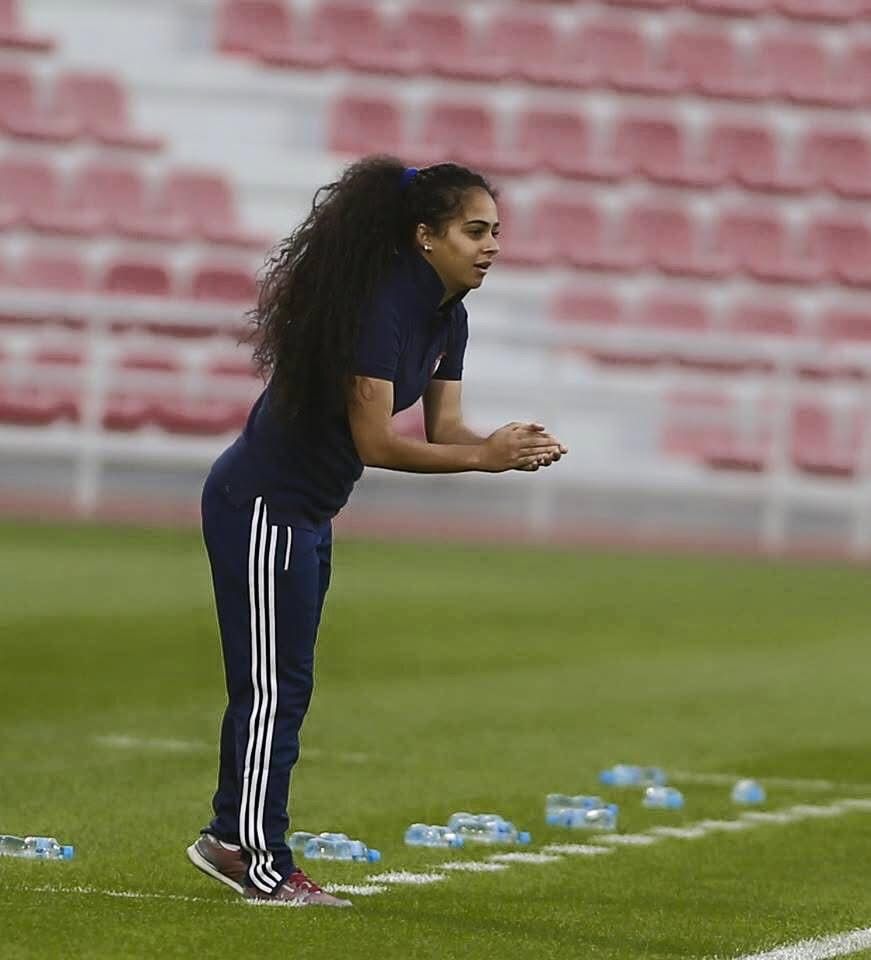
[ What do your next steps look like? ]
As I mentioned, I’m in Germany now and while it’s a very tough time for planning, mentally it’s good because I’m - and especially my daughter - not under the stress from the war and problems in Lebanon.
I have 20 years of experience in football, I want to use this to help municipalities, clubs and academies improve. I see that in Germany, small clubs and academies are struggling too. I’ve already met some clubs in the area and am seeing how I can help them and share some ideas.
I also have some ideas to support players and clubs in Lebanon. Now I’m just putting my plans on paper and then in the future - when I’m more settled (and speak better German!) I can start my new projects.
